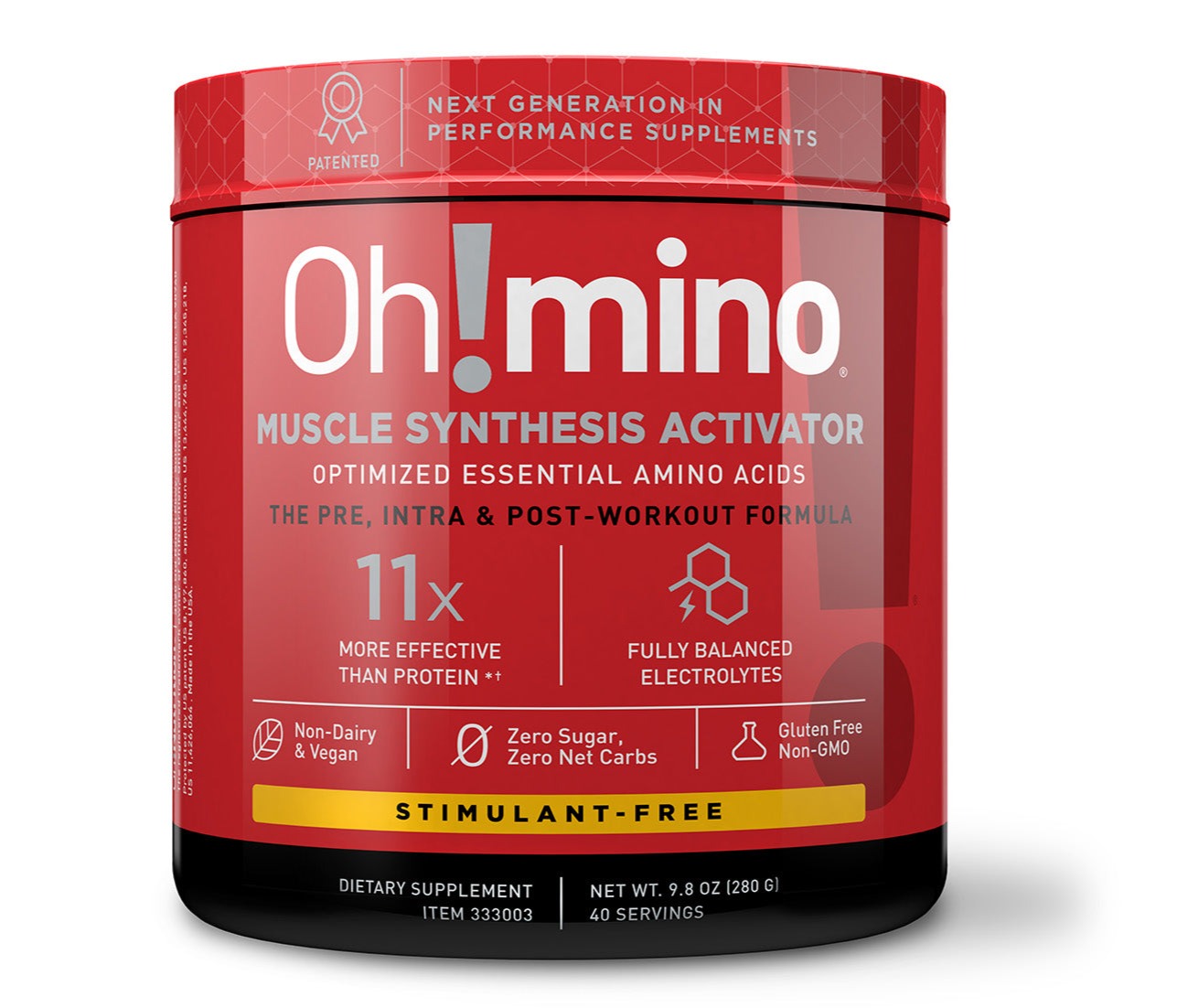Muscle hypertrophy involves the increase in muscle size, a product of intricate physiological mechanisms.
For anyone pursuing muscle mass growth, understanding these processes provides indispensable insights.
Let's delve into the science of muscle hypertrophy and consider the most effective training techniques and crucial nutrition tips to stimulate and sustain muscle growth.
Muscle hypertrophy occurs when the muscle protein synthesis rate surpasses the rate of muscle protein breakdown, leading to a net positive protein balance.
This increase in muscle mass is an adaptive response to the body carrying out consistent and progressive physical stress during exercise.
Various factors such as resistance training, hormonal responses, and nutrition significantly contribute to this process.
Training Techniques for Muscle Hypertrophy
Achieving Progressive Overload
One of the main principles for achieving muscle hypertrophy is progressive overload, meaning gradually increasing the amount of stress placed on the body during workouts.
This strategy could involve several modifications, such as the weight lifted, the number of sets or reps performed, or the total training volume.
Either/Or: Heavy Lifting or Training Volume?
While resistance training is highly effective in stimulating muscle hypertrophy, heavy lifting is not the sole factor affecting muscle growth.
Training volume, calculated as sets x reps x load, plays a critical role.
Brad Schoenfeld in 2010 suggested that performing multiple sets of 6-12 reps at 60-85% of one's one-repetition max (1RM) is an optimal range for promoting hypertrophy.
Choice of Exercises
Beyond just the weight and volume, the choice of specific weight lifting exercises significantly impacts muscle growth.
Compound exercises, which engage multiple muscle groups such as squats, deadlifts, and bench presses, are generally more efficient in promoting hypertrophy than isolation exercises.
These exercises stimulate more muscle tissue, compelling intense hormonal responses and subsequent muscle growth.
Rest intervals
Rest intervals also contribute to muscle hypertrophy. Short rest breaks of around 1-2 minutes can heighten metabolic stress and hormone production, potentially aiding muscle hypertrophy.
However, these rest periods may need to be adjusted based on individual needs and workout intensity.
Nutrition Tips for Muscle Hypertrophy
Proper Protein Intake
When it comes to nutrition, protein is the star of the muscle hypertrophy show. Adequate protein consumption supplies the essential amino acids required for muscle protein synthesis.
According to current research, a daily protein intake of 1.6-2.2 grams per kilogram of body weight suffices for most individuals engaging in resistance training.
On a gram-by-gram basis, Oh!mino is 11 times more effective than protein in muscle synthesis....so if you can't hit your protein goal a ~2 grams per kg of weight, Oh!mino is a great tool!
Carbohydrate and Fat Consumption
Carbohydrates play a vital role by providing the necessary energy for intense workouts, while post-workout carbohydrate consumption helps to refill muscle glycogen stores, fostering faster recovery and growth.
Dietary fats, although not directly contributing to muscle growth, are essential for hormone production.
Calorie intake is equally crucial to support the energy demands of resistance training and facilitate muscle growth.
Inadequate calorie consumption can hinder muscle hypertrophy, even with the right protein intake.
A balanced approach, focusing on all macronutrients in the correct proportions, is key to optimally support muscle hypertrophy.
In Conclusion
In a nutshell, muscle hypertrophy is a complex process, influenced by both training methods and nutrition.
A well-planned training program that includes progressive overload, adequate volume, compound exercises, and appropriate rest periods is necessary for stimulating muscle growth.
Similarly, proper nutrition – adequate protein, carbohydrates, and overall calorie intake – is essential for powering workouts, supporting recovery, and supplying the building blocks needed for muscle protein synthesis.
Understanding and implementing these principles, backed by scientific research, can aid individuals effectively in achieving and sustaining muscle hypertrophy.
And don't forget to take your Oh!mino!
Stay fit my friend,
Michael
Founder & CEO
Oh!mino is a sports performance brand under Oh!Nutrition, specializing in science-backed nutritional products. Founded in 2008, our California-based parent company focuses on innovative, scientifically validated supplements. Our flagship offering, Oh!mino Muscle Synthesis Activator, sets a new standard in performance supplements. Experience the difference with our patented essential amino acid products, designed to elevate your performance. Learn more on our website.
© Oh!mino 2023

